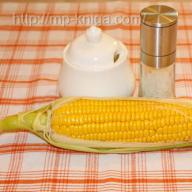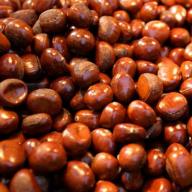The condition of our hair, nails and skin is not only external signs of beauty. This is a reflection of the health and strength of the entire body. Hair care in winter is especially important due to the sudden change in temperature when a person leaves a warm room to go outside. On the one hand - the impact of heat, snow, cold and rain, on the other - dry air, heating devices, stress.
To prevent the environment from being a source of problems for us, we need to follow simple advice from dermatologists. You should take a vitamin complex at least once a season, do not let your hair freeze in the wind (always hide it under a hat or scarf), and at least once a week pamper yourself with masks that are not difficult to prepare at home.
Tip one: away from diets! Russia has long and harsh winters, during which people work a lot and lead an active lifestyle. During this period, you should not use a strict diet, exclude protein foods, meat, eggs, and fish from your diet. During the cold season, these foods form the basis of the diet for energy and muscle strength.
Eating 250 grams of vegetables and 1 fruit per day allows the body to receive a sufficient amount of nutrients. They not only balance our diet, but also improve digestion. Eating berries gives your hair vibrant shine and smoothness. Vegetable seasonings such as onion, honesty, dill and others promote hair growth and strengthen follicles.
Vitamins
Winter hair care includes taking vitamins. For general strengthening of the body, any complexes at an affordable price can be suitable. They can be found in pharmacies in your city. The main thing is to look at the composition of minerals that contribute to the restoration process of hair and nails:
- groups A and B;
- vitamin E;
- selenium;
- zinc;
- magnesium.

It is worth paying attention to the composition of the vitamin complex and eliminating those components that can lead to allergies. If you have an unusual reaction to any substance, contact your doctor immediately. It is also not recommended to drink several complexes at the same time. Between different vitamins you need to take a break from 1 month to 3.
Serious illness
Taking care of your hair in winter may not lead to the desired result only in one case - if it is a sign of a disease. Intense hair loss and brittle nails are most likely a disruption of the endocrine system. Patchy baldness is a sign of severe stress or anemia. In this case, self-medication is contraindicated, especially taking medications without a doctor’s prescription. This may make the condition worse. If you have such symptoms, it is better to consult a trichologist or cosmetologist, and also make an appointment with your local physician.
![]()
A general deterioration in hair condition may be a sign of a serious hair follicle disease, such as a fungus. Signs: itching, hair loss, dry, dull and brittle hair ends, small bald patches of regular shape, inflammation. Nowadays, a dermatologist can easily cope with such a problem and advise in winter and during hot periods.
Hair masks
You can make masks yourself or buy them in a store. They improve the appearance and give the hair shine and silkiness, and also restore the moisture balance and normalize the structure. For oily hair, it is recommended to use nourishing masks no more than once a week; for dry and normal hair, 2-3 times, especially if the situation is critical.
Winter hair care using masks is possible both in salons and at home. It is not difficult to do a restorative procedure yourself. If you have chosen to buy care products in a store, we advise you to choose cosmetic products from one company. If you want to make a mask yourself, we offer several simple and effective recipes.
Winter hair care (masks, recipes)
For fatty people:
- A simple mask with kefir will help reduce the amount of sebum, improve blood circulation and promote hair strengthening and growth. It requires one glass of kefir, whey or yogurt. The product is applied over the entire length and rubbed well into the roots. You can keep it open or closed for one hour. After 60 minutes, rinse with shampoo and rinse.
- Winter hair care using egg yolk gives extra volume. The composition includes 1-2 raw yolks and one teaspoon each of water and cognac. It is recommended to wash off the mask after 15 minutes.
- A mask with mustard helps reduce sebum secretions and improves blood circulation. It can be used as a rinse for clean hair. Production is very simple: take 2 tbsp per glass of hot water. l. mustard, which needs to be stirred well, diluted with 1 liter of boiled water, rinsed and rinsed with warm running water. No need to use shampoo.
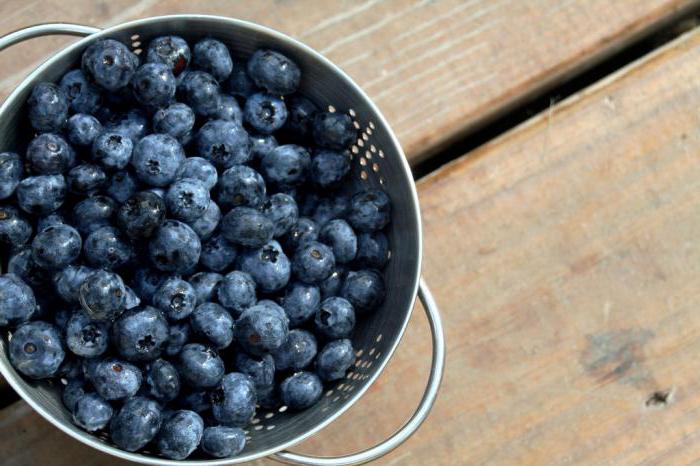
For dry ones:
- You can use egg and yogurt to moisturize. For 1 chicken egg, take 6 tablespoons of yogurt, mix the ingredients, apply the mixture to your hair and roots, wrap your head with a towel, and rinse after 10 minutes.
- The blueberry mask restores and gives them a vibrant shine. 300 grams of berries should be crushed or crushed well in a mixer, pour one glass of boiling water and steam until cool. The composition must be applied to the entire length, kept under cellophane for half an hour, and washed off with shampoo.
- Olive oil smoothes, nourishes and promotes growth. Before use, it must be warmed to room temperature, thoroughly rubbed into the roots, and applied evenly over the entire length of the hair. It is recommended to keep this mask closed (under a cap and towel) for an hour, then wash off with shampoo.
For mixed type:
- Caring for your hair in winter at home is not difficult even for mixed hair types. To do this, take simple ingredients: 2 tbsp. l. aloe juice, 2 tbsp. l. honey (preferably liquid), juice of one lemon. For more convenient application, you can dilute the mixture with boiled water. The composition is applied to the entire length for 30 minutes, then washed off.
- Another fermented milk mask will refresh the roots and heal the sore ends as much as possible. Apply fresh kefir to the roots, rubbing well into the head, and grease the ends with cream or rich sour cream. Leave for about an hour, rinse with shampoo.
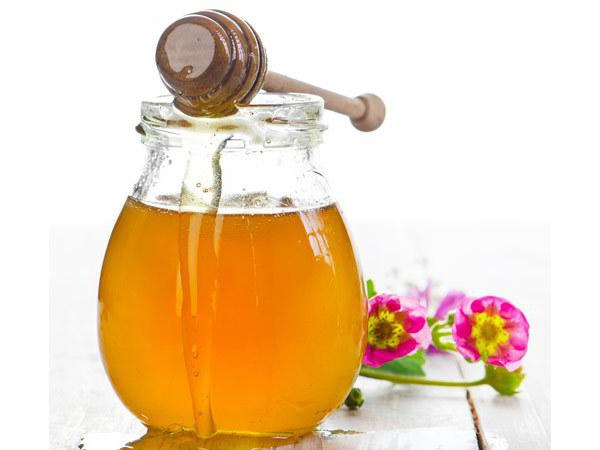
Masks for normal hair:
These masks usually contain medicinal herbs that maintain hair balance and protect against problems with hair loss and dryness. Herbs are steamed at home and applied in the form of masks both before washing your hair and used as a rinse after. For example, hops prevent dandruff and create an antistatic effect. Sage tones the skin and supports the proper functioning of the glands. Chamomile is used for hair lightening and growth.
Mechanical care
Hair care in autumn and winter includes haircuts and massage. During the cold season, our hair grows 30% slower than in summer. Therefore, you should not set yourself the goal of growing them as much as possible. It is recommended to trim dry ends once a month, since masks and balms are no longer able to restore them. This will give a well-groomed appearance.
It is advisable to perform a massage before bedtime. It involves circular movements over the entire surface of the head, starting from the back of the head and ending with the temporal lobes. You can also use a Chi device. It tones the scalp, relieves fatigue in both the scalp and the entire body, improves mood and restores blood circulation.
Care by hair type (oily)
In Russia, the inhabitants of the country have a genetic feature. This is due to the hereditary tradition of preserving heat. In this case, cosmetologists recommend using, in addition to specialized shampoos, regulating hair care products in winter.
Advantages:
- skin cleansing;
- calming effect;
- anti-inflammatory functions;
- decreased irritability;
- hydrolipid balance;
- regulation of sebum production.
Dry hair (care)
Even in the cold season, a woman should remain attractive. This lifts her spirits and gives her another opportunity to take care of herself. But for dry hair, using a hair dryer and curling iron can be fatal. To avoid hair damage and minimize it, you need to actively use nourishing sprays, masks, and rinses.
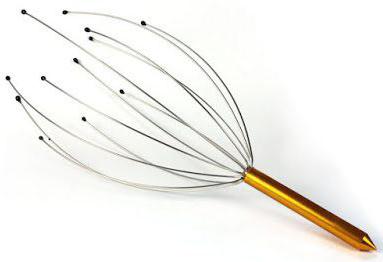
Dry hair doesn't like cold winds, which means you shouldn't leave the house without a hat. This threatens not only colds, but also hair freezing and damage.
Caring for long hair in winter, as well as short hair, is, first of all, nutrition and protection. Group A vitamins are needed to maintain beauty and health (carrots, spinach, cabbage). They are responsible for the functioning of the skin. Group D (fish, milk) regulate calcium metabolism and growth. Group E (apples, green vegetables) are responsible for the absorption of vitamins, digestion, and stress prevention. Vitamin PP is found in liver and legumes. It improves the condition of the mucous membranes and skin.

Vitamin method - easy and pleasant winter hair care. Reviews from modern women who do not have time for beauty salons and making masks at home say that this is also the fastest way to restore the health and beauty of not only hair, but the whole body.

